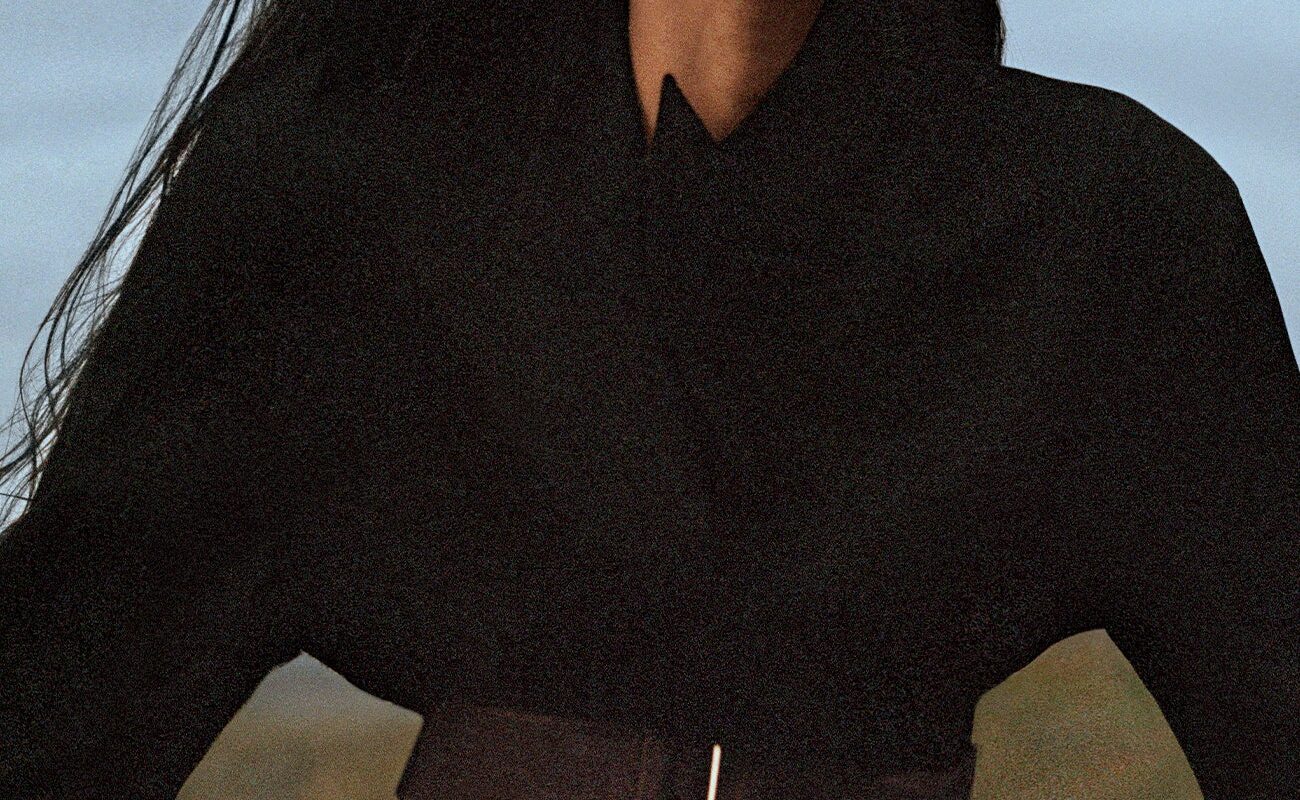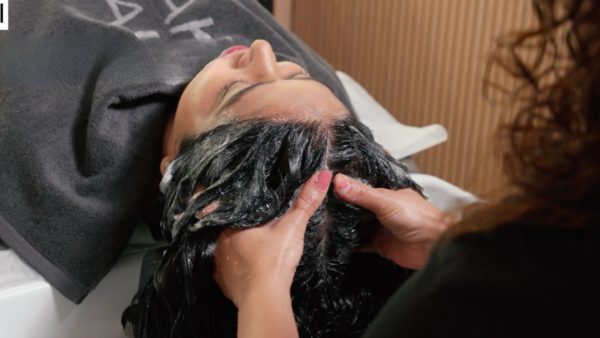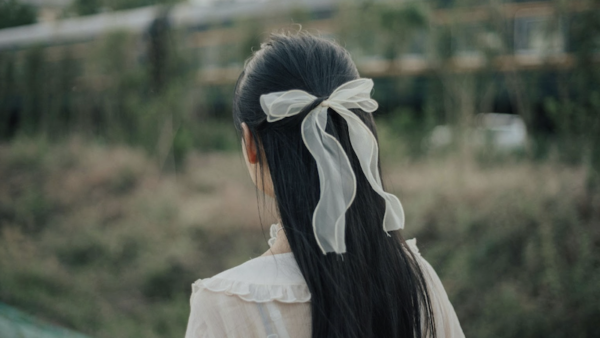Winter may bring you some respite from the heat, but the season may not be as soothing for your hair. Dryness and frizz are only exacerbated by the switches between the colder temperatures outside and the heater you use inside, and you’re also more likely to deal with a flaky scalp during this time. The two issues are polarising—products that are meant to soothe and hydrate may not work with those are meant to clarify and deep-cleanse—so zeroing down on a winter haircare routine may get cumbersome. To help you out, we spoke to the experts about the in-salon and at-home measures that can assist you in getting a balanced head of hair.
Hair care tips to combat winter dryness:
“As winter sets in, your scalp gets drier, causing flakes. Dandruff, on the other hand, is a fungal infection caused due to excessive secretion by our sebaceous (oil-producing) glands. Make sure you wash your hair three times a week to avoid oil build-up on your scalp if you have dandruff,” advises Dr Geetika Mittal Gupta, founder, ISAAC Luxe. In the case of a dry scalp, shampoos with sulphates (sometimes listed as SLS or sodium lauryl sulfate on the ingredient list) often strip the hair and scalp of natural oils, which can cause dandruff and itchiness. This, when coupled with extreme cold weather, can completely eliminate moisture. When the scalp it too dry, it can overcompensate by secreting even more oil, resulting in flakiness and an itchy scalp.
Dermatologist and cutaneous surgeon, Dr Satish Bhatia, advises that people with dandruff use shampoos consisting of zinc, salicylic acid and ketoconazole. “In severe cases, shampoos that have a small percentage of coal tar have proven very effective in reducing inflammation, which causes itching and flakiness. This has to be applied on a wet scalp for three to four minutes before it’s rinsed off. We recommend that patients wash off with a regular shampoo after, as coal tar shampoos sometimes have a strong smell,” he adds. Even if you’re not using strong medicated shampoos on your dandruff-prone scalp, he suggests sticking to a two-rinse regime. “Opt for two-wash cycles. The first wash will remove all the pollutants and surface toxins, and the second wash will give the hair some shine.”
When the moisture levels in the air falls, hair can tend to become dry and brittle. This is especially true for curly-haired girls, since coiled hair is drier. Dr Pankaj Chaturvedi of MedLinks Aesthetics strictly prohibits washing hair with hot water, even in colder temperatures. “Use room temperature or lukewarm water. Hard water further makes the scalp flaky and itchy, and it dries the strands out,” he explains.
“The trick is to achieve the right balance between the hydration and oiliness of the scalp,” says Dr Jeet Gore, trichologist at Trica Hair Clinic, Jean-Claude Biguine. “Heavy conditioners may end up creating more product build-up, further aggravating dandruff.” Instead, use a hydrating hair mask on the bottom half to prevent split ends, and multi-mask with a purifying or clarifying mask on the scalp. Look for ingredients like jojoba oil and sesame oil, which have smaller molecules and can penetrate strands without weighing them down.
Those with dandruff-prone scalp should avoid using rich oils as they may clog the pores in the scalp and worsen the situation. Instead, use oils with natural anti-inflammatory properties such as lavender, peppermint and tea tree. “These are gentler than medicated shampoos, and are recommended when scalp flakiness is a result of climatic conditions,” says Dr Bhatia. Looking for a recipe for a winter hair mask? Aromatherapist Dr Blossom Kochhar shares her favourite DIY recipe. “A mask made of ½ cup yogurt, 1 tbsp honey, 1 tbsp lemon juice and dried hibiscus peel is extremely helpful in treating a flaky scalp. Apply this to your hair, starting at the roots and working your way down to the tips. Wash the mask off after 30 minutes with a mild sulphate-free shampoo,” she says. The honey and yoghurt are able to fortify the hair, while the hibiscus peel and lemon juice work as astringents for the scalp.
The article was first published in Vogue





